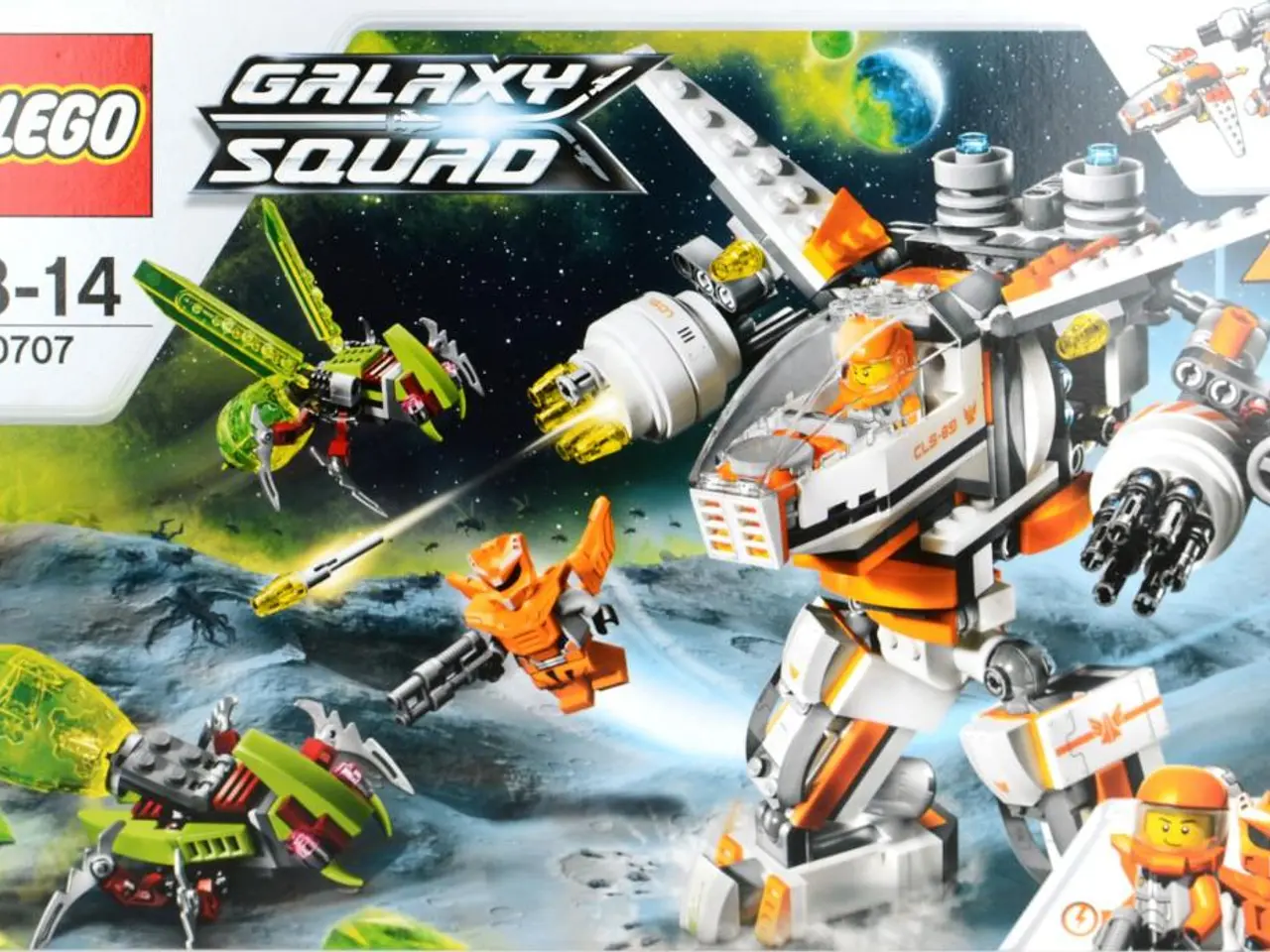Preparing Future Generations for Emerging Careers: Navigating Uncharted Territories for the Young Workforce
In the rapidly evolving world we live in, education is undergoing a significant transformation to better prepare students for the unpredictable job markets of the future. Modern educational trends are increasingly centred on technology integration and personalized learning, with a focus on equipping students with the skills they need to thrive in an ever-changing career landscape.
Artificial Intelligence (AI) is playing a pivotal role in this transformation. AI is being used as a personalized tutor, providing 24/7 support, analysing student data to identify learning gaps, generating customized lesson plans, assisting in note-taking, automating grading, and enhancing accessibility for students with learning disabilities. AI acts as a co-pilot for educators, boosting efficiency without replacing teachers.
EdTech tools and Learning Management Systems (LMS) are also transforming the educational landscape. Platforms like Kahoot, Quizlet, Duolingo, Moodle, Blackboard, and Google Classroom make learning interactive, engaging, and accessible. They cater to different learning styles through visual aids, games, and real-time feedback. LMS also promote collaboration and better organization of courses, enabling both teachers and students to manage learning more effectively.
Personalized tutoring is another key trend, focusing on fostering critical future-ready skills like adaptability, communication, critical thinking, emotional intelligence, and digital literacy. These skills are crucial for navigating uncertainty and continuous learning in the evolving workplace.
Microlearning, online courses, and microcredentials are also gaining popularity. With the rapid changes in technology and industry demands, these flexible and bite-sized learning approaches help students and professionals upskill efficiently. Bootcamps and online certifications focus on in-demand tech skills like AI, machine learning, data science, and cybersecurity, which are vital for future career security.
Preparing for future job markets requires a mindset of continuous learning. Techniques such as goal-setting, habit stacking, and peer accountability complement technology-enabled learning environments. Corporations are also adopting internal learning platforms to upskill employees, reflecting a broader shift toward adaptable and personalized education.
At XReady Lab, they believe that technology creates new opportunities for creative minds, those who can imagine how to address needs that don't yet exist. XReady Lab crafts educational solutions rooted in immersion and hands-on exploration, combining an updated STEM lab approach with engaging learning experiences.
The debate on whether schools should continue to offer a broad range of subjects or adjust the curriculum to reflect emerging fields is ongoing. A balanced approach may involve keeping core subjects while infusing modern skills throughout. Immersive simulation is an emerging trend for enriching learning experiences, particularly in science and technology.
Providing interdisciplinary skills ensures students remain flexible for the unpredictable future job markets. Tools that teach problem-solving now will serve students in a range of future industries. The traditional educational model, conceived over a century ago, is being questioned for its relevance in today's world.
Immersive learning classrooms can leverage interactive solutions for subjects like biology and chemistry, fostering problem-solving and curiosity. Group-based tasks encourage the exchange of ideas, while immersive educational experiences help learners gain practice in communication, logical thinking, and resilience.
The rise of jobs in data analytics, environmental design, and space tourism show how unpredictable future careers can be. The workforce of the future will rely on skills like communication, critical thinking, adaptability, AI literacy, and teamwork. By blending established fundamentals with modern methodologies, we give children the best chance to thrive in roles that are, quite literally, still on the horizon.
Technology integration and education-and-self-development intersect effectively in the use of Artificial Intelligence (AI) as a personalized tutor, which enhances accessibility for students, assists in note-taking, automates grading, and fosters critical future-ready skills. Learning Management Systems (LMS) and EdTech tools like Kahoot, Quizlet, and Google Classroom also align with education-and-self-development, as they promote interactive, engaging learning experiences and cater to different learning styles, thereby contributing to an evolving, adaptable educational landscape.




